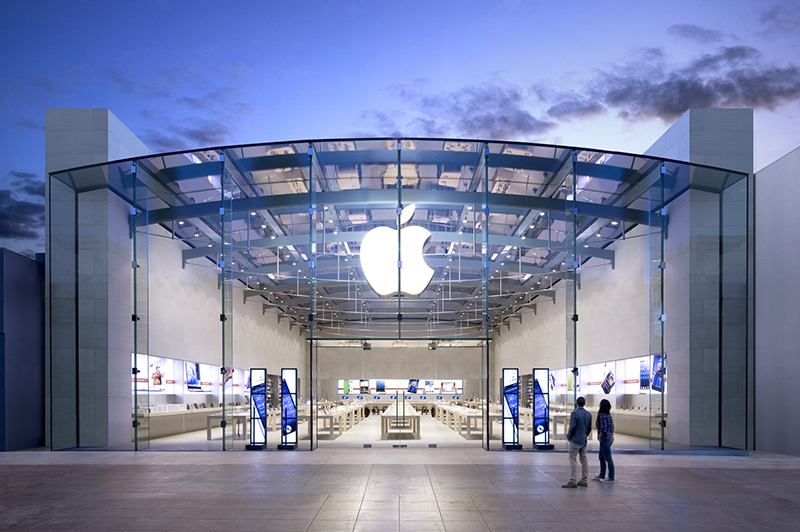 INFRA
INFRA
 INFRA
INFRA
 INFRA
INFRA
Apple Inc. signed an agreement today to pay $15.38 billion (13 billion euros) in back taxes to the Republic of Ireland, complying with an order made by the European Union more than a year ago.
Ireland has allowed Apple to pay lower tax rates than other EU nations since the early 1990s, but the European Commission ruled in August 2016 that Ireland’s practice was illegal and that Apple must pay the rest of the money it should have been taxed.
Apple filed an appeal against the commission’s ruling in December 2016, and the company accused outspoken EU Competition Commissioner Margrethe Vestager of using Apple as a “convenient target” to make headlines.
The EU’s ruling also angered a number government leaders in Ireland, who filed their own appeal on the grounds that the ruling infringes on the nation’s sovereignty and harms its ability to attract business. Michael Noonan, Ireland’s Minister for Finance, said in a statement last year:
The decision leaves me with no choice but to seek Cabinet approval to appeal the decision before the European Courts. This is necessary to defend the integrity of our tax system; to provide tax certainty to business; and to challenge the encroachment of EU state aid rules into the sovereign Member State competence of taxation. It is important that we send a strong message that Ireland remains an attractive and stable location of choice for long-term substantive investment.
The appeals are still ongoing, but the European Commission ordered Ireland to begin collecting Apple’s taxes on Jan. 3, and the organization referred Ireland to the EU Court in October for failing to comply with the deadline. “Until the illegal aid is recovered, [Apple] continues to benefit from an illegal advantage, which is why recovery must happen as quickly as possible,” the commission said in a statement at the time.
Ireland’s Department of Finance called the move “extremely regrettable,” saying that it had already been making progress toward dealing with “the unprecedented recovery amount” it had to collect from Apple.
Ireland will begin collecting Apple’s owed taxes in the first quarter of 2018, and thes payment will be held in escrow until the European Commission reaches a decision on the two appeals against the ruling.
Apple may or may not be losing its tax advantage in Ireland, but the company has apparently been exploring other options for tax havens in Europe. In November, the now infamous “Paradise Papers” revealed that Apple has moved some of its operations to Jersey, a part of the Channel Islands near the coast of France. Jersey is a self-governing dependency of the U.K., and the island does not charge corporate tax for most companies.
Apple issued a statement on the report by the International Consortium of Investigative Journalists, denying any wrongdoing in its tax practices:
We understand that some would like to change the tax system so multinationals’ taxes are spread differently across the countries where they operate, and we know that reasonable people can have different views about how this should work in the future. At Apple we follow the laws, and if the system changes we will comply. We strongly support efforts from the global community toward comprehensive international tax reform and a far simpler system, and we will continue to advocate for that.
Apple also said that it is “the largest taxpayer in the world” and that it “pays every dollar it owes in every country around the world.”
Support our mission to keep content open and free by engaging with theCUBE community. Join theCUBE’s Alumni Trust Network, where technology leaders connect, share intelligence and create opportunities.
Founded by tech visionaries John Furrier and Dave Vellante, SiliconANGLE Media has built a dynamic ecosystem of industry-leading digital media brands that reach 15+ million elite tech professionals. Our new proprietary theCUBE AI Video Cloud is breaking ground in audience interaction, leveraging theCUBEai.com neural network to help technology companies make data-driven decisions and stay at the forefront of industry conversations.